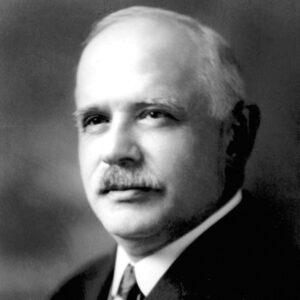March, 2011; Source: PERC (PDF) | A research firm with strong financial services credentials called PERC (Policy & Economic Research Council) has produced an analysis of the Louisiana Disaster Recovery Foundation’s work to help small businesses and the self-employed in post-hurricane Louisiana.
LDRF was created as a mechanism for funneling a combination of philanthropic and government resources to areas devastated by the Hurricane. The group transferred substantial funds to community development organizations, which then provided assistance to small businesses.
PERC surveyed 1,600 small business operators that received assistance from LDRF-funded CDOs. PERC's findings included these: LDRF assistance was delivered two months faster than comparable small business assistance, such as programs of the Small Business Administration; businesses that received LDRF assistance did better than those that didn't; PERC suggests that "non-profit non-governmental aid organizations may be able to lend and aid more quickly and hold a business over (bridge financing) until other assistance is received or revenue is restored;" every $100 of LDRF aid produced $103 in wages from net new jobs (PERC suggests, using a "reasonable" multiplier of 1.5, that $100 of aid produces actually $155 in new wages overall); and future aid should be directed toward supporting "vibrant young businesses and a hospitable environment for entrepreneurs to start new businesses."
Sign up for our free newsletters
Subscribe to NPQ's newsletters to have our top stories delivered directly to your inbox.
By signing up, you agree to our privacy policy and terms of use, and to receive messages from NPQ and our partners.
PERC also reported significant local business distress due to the moratorium on deep water oil and gas drilling. Those businesses that were impacted by the BP spill and concerned about the moratorium were not confident about their future business prospects. The report contains some interesting though not particularly penetrating case studies of nonprofits that played crucial roles in delivering LDRF assistance, including the Idea Village, the Capital Access Project, Mary Queen of Viet Nam Community Development Corporation, and the Southern Mutual Help Association.
The data part of the report contains particularly interesting commentary from small businesses about how they were handled by LDRF's community development organization intermediaries and the kinds of assistance delivered by the CDOs to various small businesses. The summary of the data findings doesn't do justice to the latent richness of the extended survey data. Read the full report and tell us what you think it says about foundation support for small businesses.—Rick Cohen













